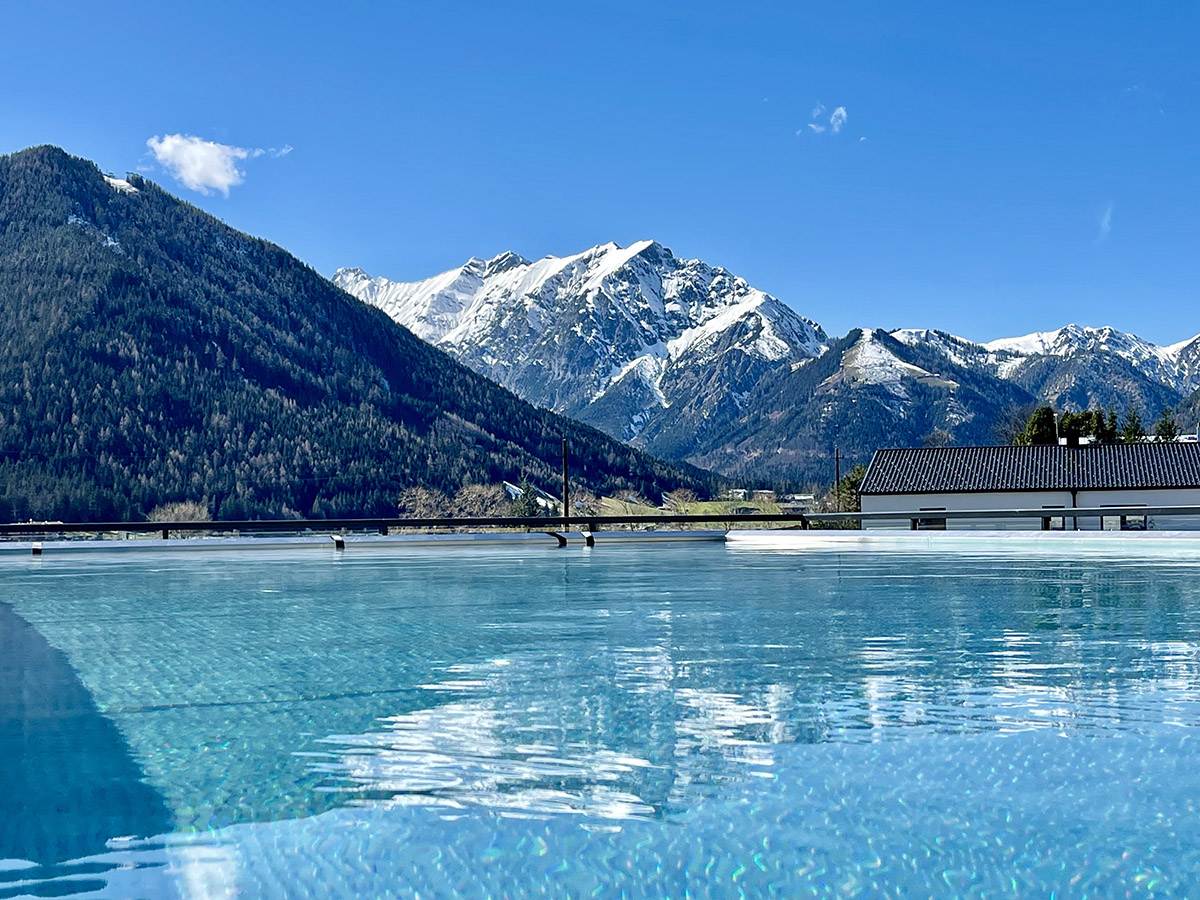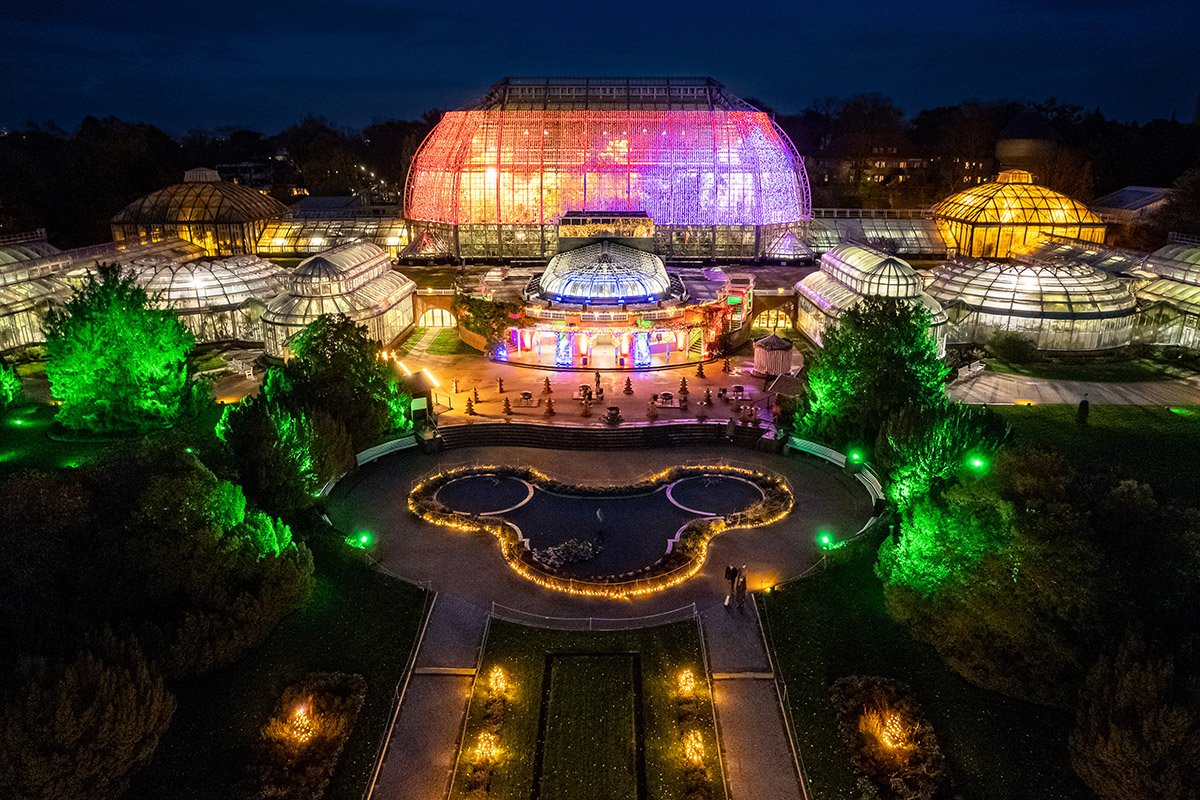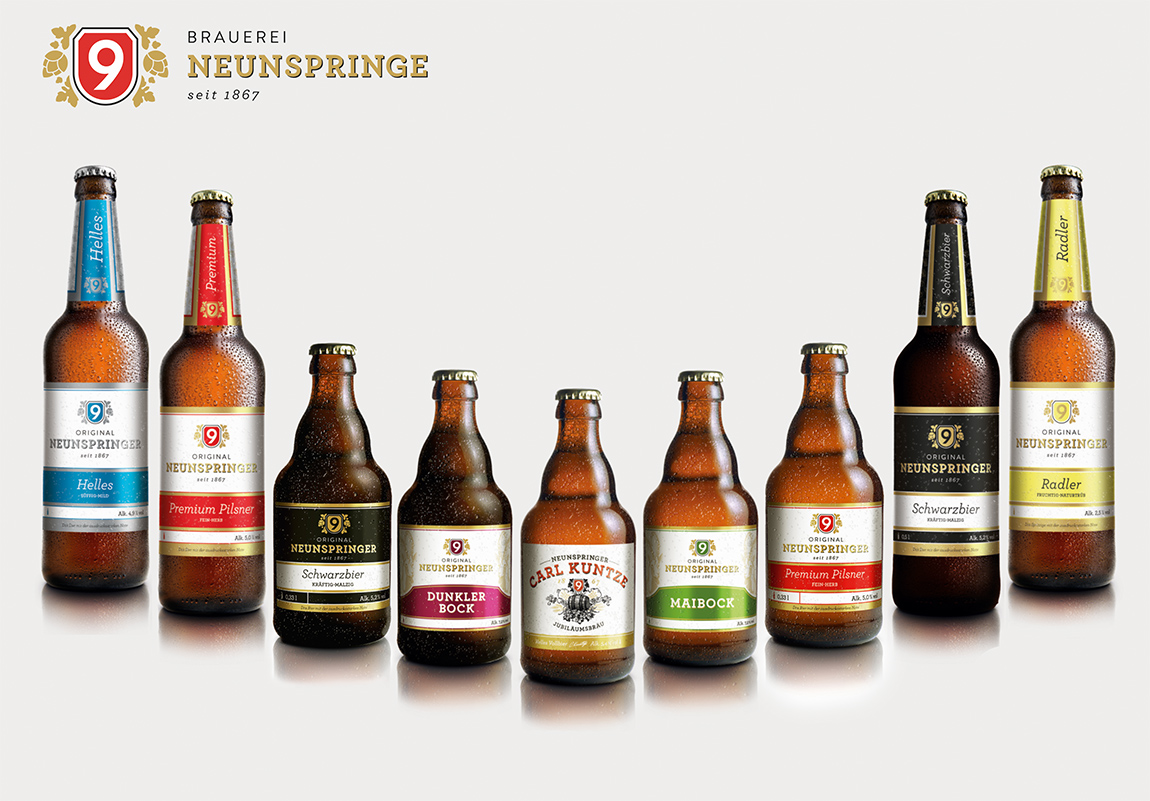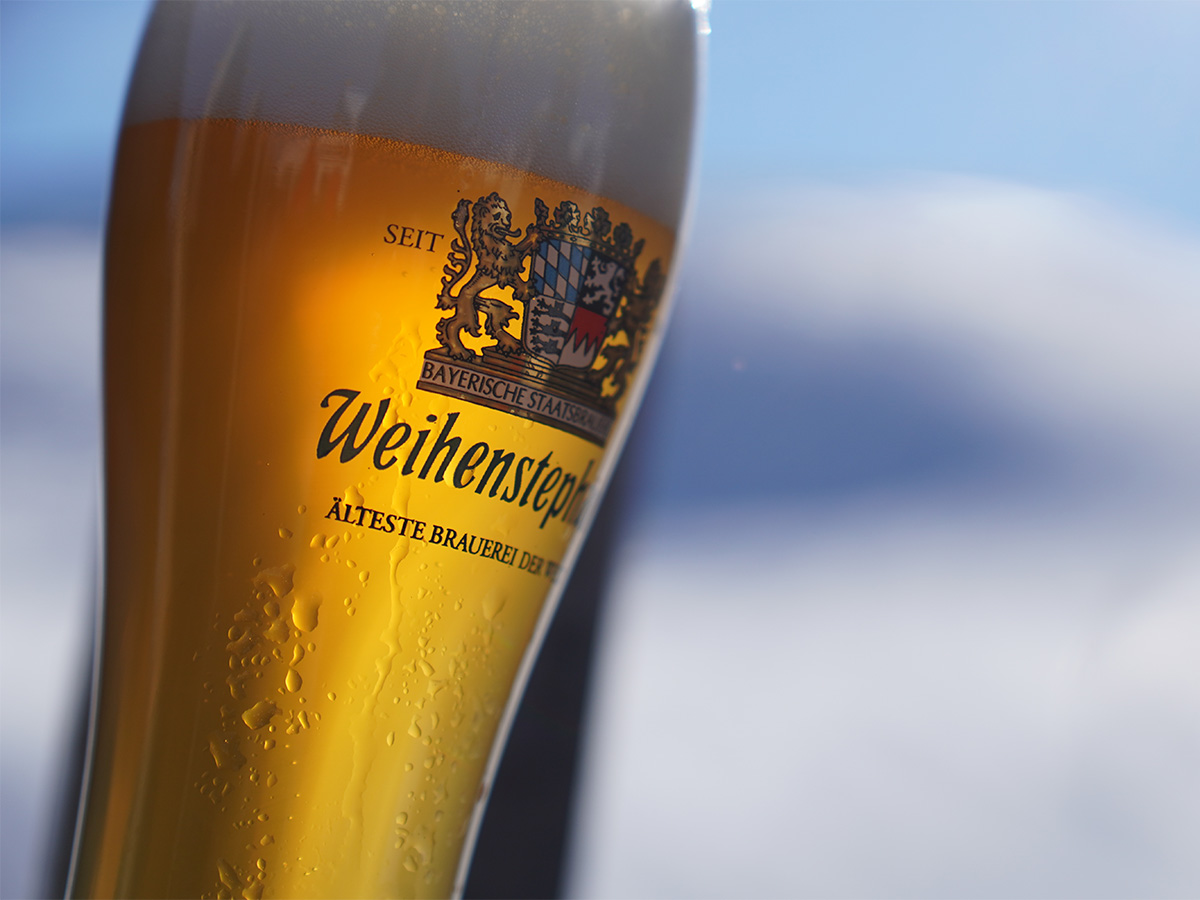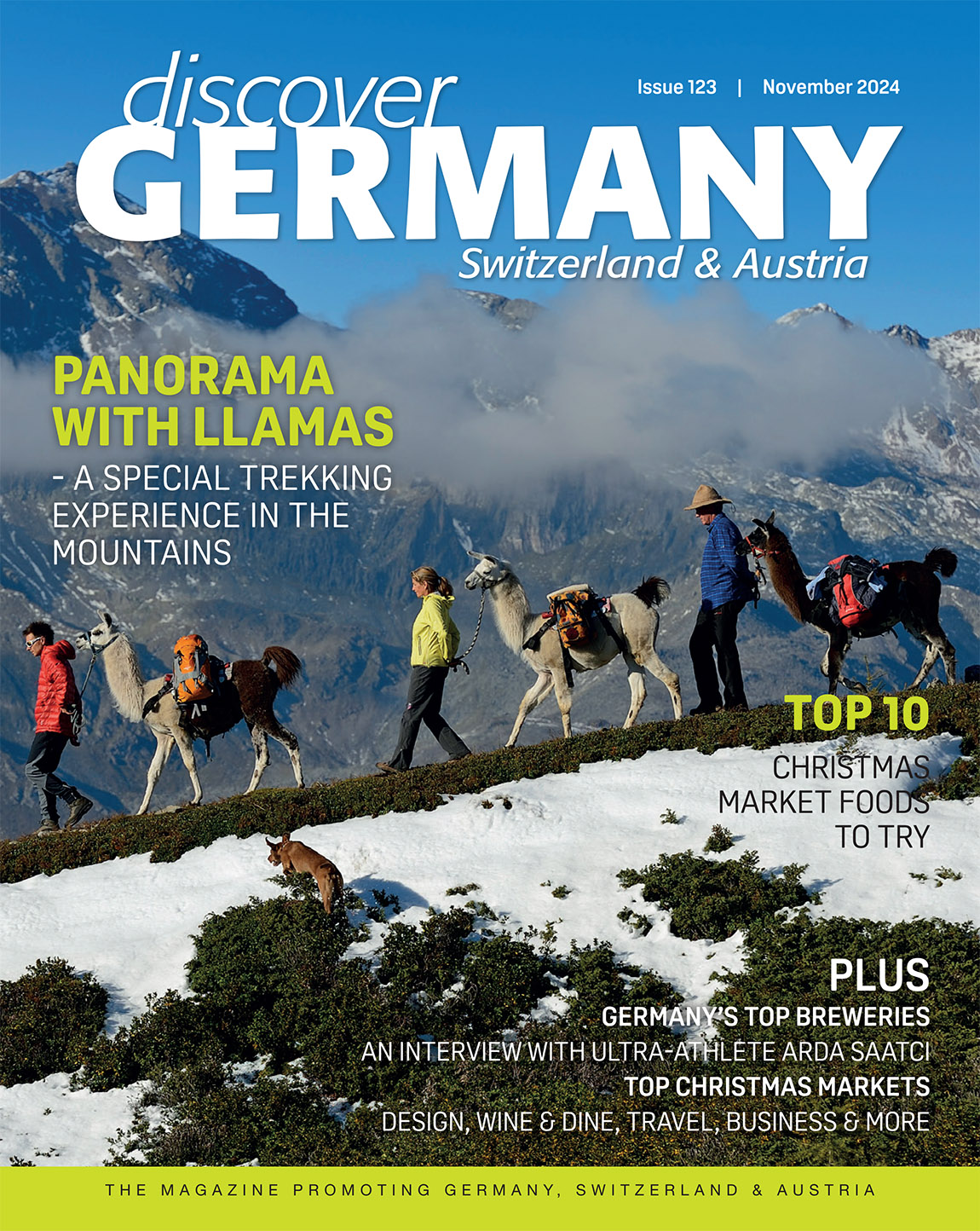Vechta: Blending historic and modern charm
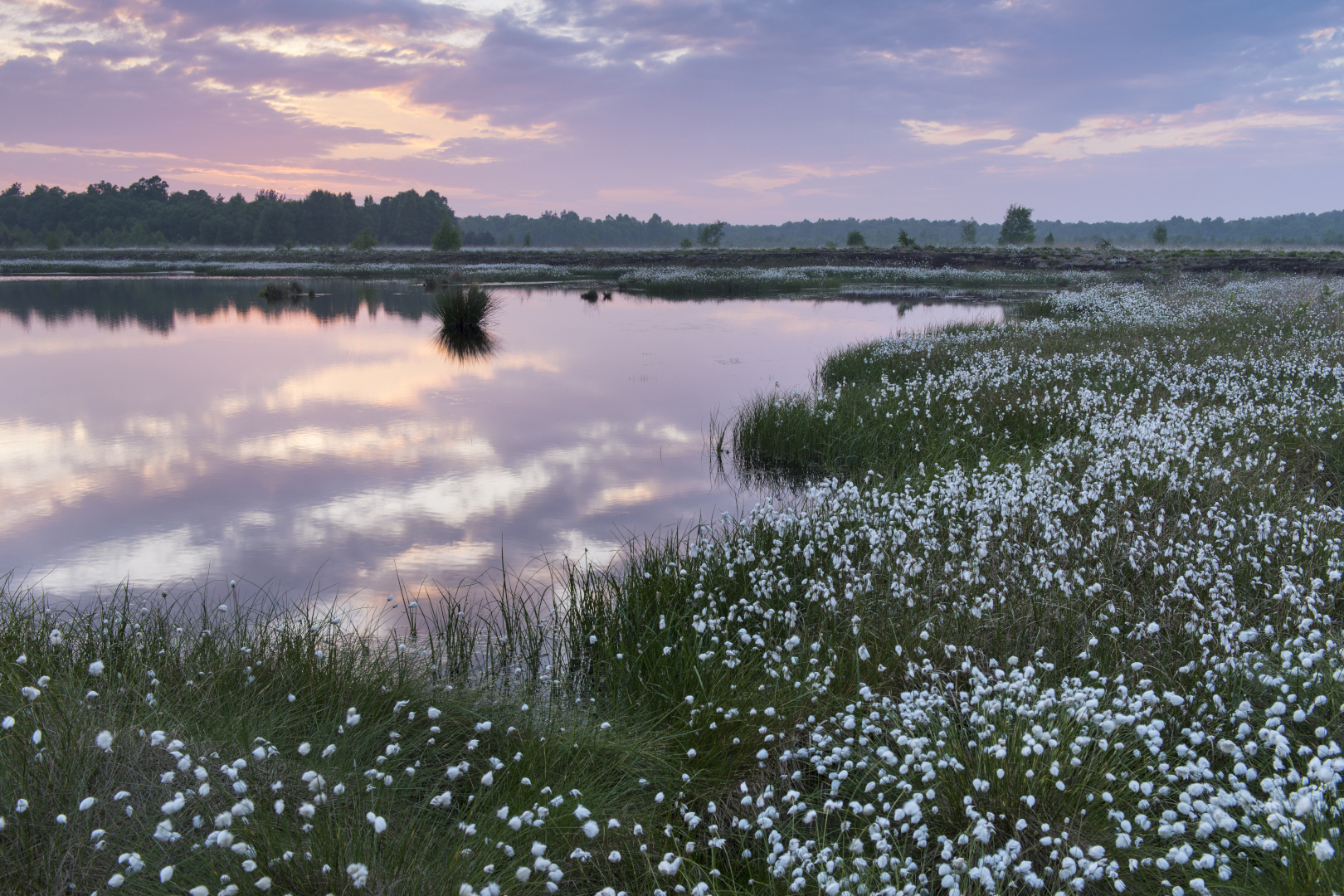
The city of Vechta in Northern Germany’s Oldenburg Münsterland region offers a unique experience for everyone. It is a place where historical charm – particularly the Museum of Vechta, the unique Stoppelmarkt and family-owned businesses – thrive in a modern environment defined by unique infrastructure, cultural events and superior quality of living.
The medieval character and unique marsh landscapes have defined Vechta’s charm throughout the centuries. The origins of Vechta presumably date back to the 11th century; the ‘Rheinische Straße’, a trade route leading from Lübeck to the south crossing through Northern Germany’s moorlands, incentivised the construction of a medieval fort. This castle was the only way to cross the moorlands and many merchants, artisans, and craftspeople settled in the area, marking Vechta’s beginnings.
As the district’s municipal centre, Vechta is home to cultural highlights, a beautiful countryside with wooded areas and moorlands, as well as a longstanding tradition of horses and horse breeding. Visitors can explore the region’s peaceful setting, its distinct moorlands and animal wildlife on a hiking trip, bicycle tour or horseback riding.

Vechta’s stunning moorlands. Photo: © Willi Rolfes
Dynamic and flourishing region
The university town with its 35,000 inhabitants combines the flair of a lovingly renovated city centre dating back to the Middle Ages with the flourishing, modern character of the region’s cultural, educational, and business opportunities. In fact, Vechta has been recognised as a bourgeoning hub for business activities in Germany’s northwest.
Even in the 21st century, the city retains its reputation for its exceptional horse culture. The region’s love for equestrian sport and horses goes back a long time. Horse riders, breeders, trainers and horse lovers have long come to Vechta to attend the world-renowned auctions; to bid, buy or find accommodations for their animals in one of the private riding stables. The bronze statue ‘Warwick Rex’ at the Europaplatz pays tribute to the importance of Vechta’s unique horse culture.

The Museum of Vechta has changing exhibitions. Photo © City of Vechta
Museum of Vechta and cultural treasures
The Museum’s exhibitions and staged scenes of medieval life offer visitors history to get their hands on. “The spectrum of Vechta’s cultural offerings is extremely varied, perhaps even exceptional for a city of this size; it ranges from theatre and comedy performances, to choral, pop, and rock concerts, music recitals, readings and art exhibitions, explains the city’s mayor Helmut Gels.
Vechta’s celebration of the Burgmannen-Tage (24-25 September 2016) uphold the historic and cultural treasures of the Middle Ages. The yearly Middle Age festival (free of charge) – centred around the 350-year-old Citadel – showcases a market, artisans, merchants, weapons demonstrations, war games and historic fashion and culinary treats. Another tradition, reaching back to the 13th century, is that each summer (always in August, when the fields have been harvested and only ‘stubble’ remains) Vechta hosts the Stoppelmarkt, a Volksfest in its true sense that attracts close to a million visitors each year.

Electro festival ‘Tante Mia tanzt’ at the Stoppelmarkt in Vechta. Photo © Tante Mia tanzt
Single travellers, families and groups can explore and experience the unique culture (including the local dialect) that the town’s residents and visitors cherish so much. The pedestrian-friendly old town invites visitors to browse the shops or settle in one of the cafes along the way. The ‘Große Straße’ (main street) has been the city’s commercial artery for centuries; the Propstei Church in the centre and the city wall are breathing history that can be explored on foot.
Living and business advantages
Vechta’s outstanding location and infrastructure means a wide range of opportunities for local and global companies doing business in the region. Global players as well as traditional, German Mittelstand companies call Vechta their home. The University of Vechta also offers its 5,000 students an excellent living and learning environment. The university’s students and researchers contribute to an open, multicultural and engaged society.
In the last few years, Vechta has continually attracted new residents and especially families with children, making Vechta one of Germany’s ’youngest’ cities. Low unemployment rates and good educational opportunities contribute to the city’s positive character.

36,000 student study in Vechta’s international yet personal environment. Photo: © Universität Vechta-Meckel
Getting there
Vechta is located about one hour away from the cities of Bremen, Osnabruck and Oldenburg, and about two hours from the state’s capital, Hannover. The city is conveniently reached by car (via the A1 Autobahn), train and bus service.
TEXT: ELISABETH DOEHNE

During the annual Burgmannen Tage, the water filled moats offer protection from attackers. Photo © Kokenge
Subscribe to Our Newsletter
Receive our monthly newsletter by email
